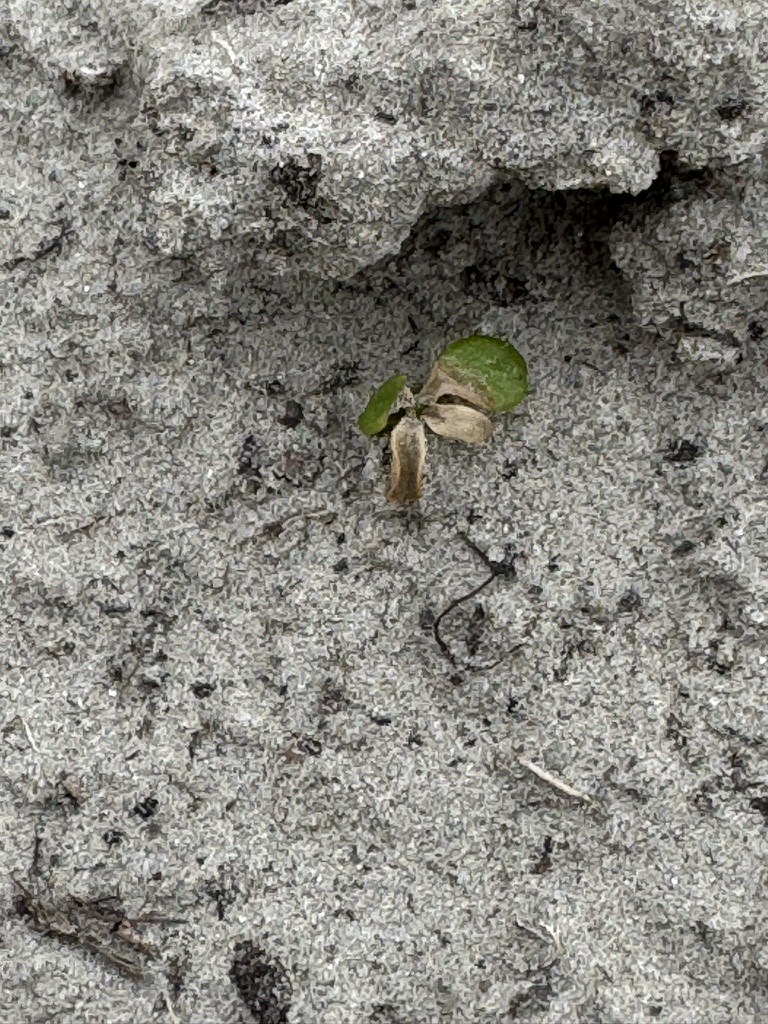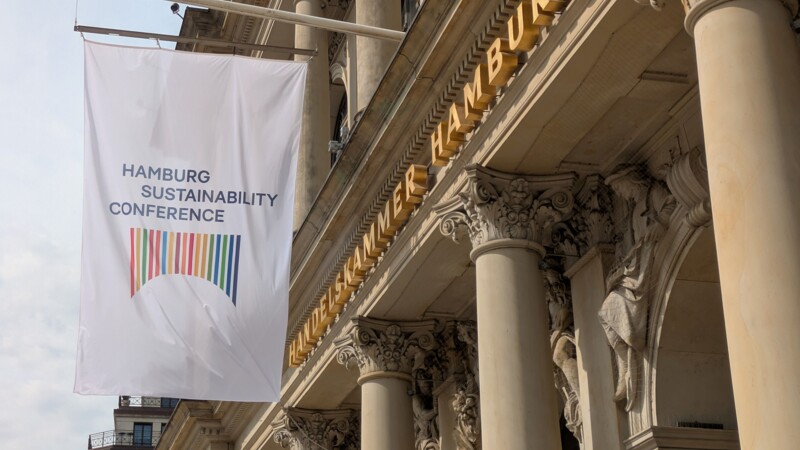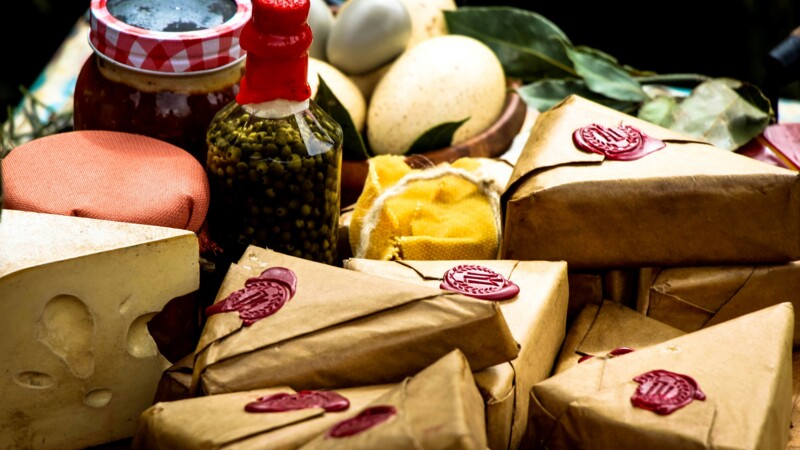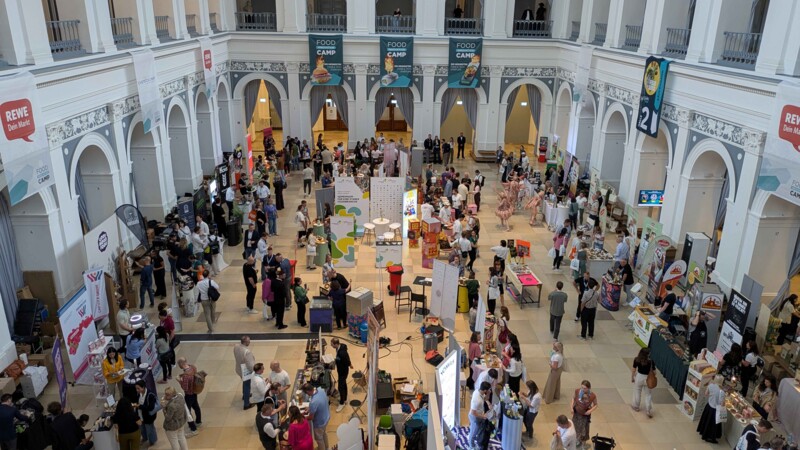Earlier this year, the system was tested at Westhof Bio in Dithmarschen. The robot rolled across the fields assisted by a tractor at a maximum speed of 2 to 5 kilometres per hour. The fewer and smaller the weeds, the faster: "We are very satisfied with the results, the system is market ready," said Czymmek: "We want to offer the machine to other farms from 2026." The startup is now starting serial production. Farmers will be able to borrow, test and buy the devices from 2026. Westhof Bio needs more weeding robots, as the farm in the north of the Hamburg Metropolitan Region grows carrots, spinach, peas, cauliflower and other vegetables on around 1,200 hectares of land.
An AI-assisted robot called the "Beam" is now removing bindweed and others from fields in the Hamburg Metropolitan Region with laser precision. The robot can distinguish between crops and weeds: "Our system has a recognition accuracy of almost 100 per cent. If the AI identifies the green as a weed, the laser beam burns it," said Vitali Czymmek, Head of Research and Development at Naiture. The company's name is a pun on "Nature" and "AI". The Friedrichsgabekoog-based startup in the Hamburg Metropolitan Region is a spin-off from the West Coast University of Applied Sciences and is part of Westhof Bio, one of Germany's largest organic farms in Germany.
Naiture starting serial production

Interest in conventional agriculture
The robot is particularly useful for organic farms, as they cannot use pesticides. However, manual weeding is expensive and labour is scarce. "But we are also seeing a rethink in conventional agriculture," said Czymmek. "More and more farms want to keep the soil healthy ." Around 25,000 to 35,000 tonnes of pesticides that pollute the environment are sold in Germany every year, according to Germany's Environment Agency. Thus, sustainable alternatives are needed, said Dirk Schrödter, Minister for Digitalisation in Schleswig-Holstein "We need research and innovation to better protect the environment. AI can be highly beneficial." Schleswig-Holstein has subsidised the weeding robot with €285,000.
Protecting biodiversity
What's next for Beam? The AI-assisted robot is undergoing further training In Dithmarschen so that it can work more independently. A marigold, for instance, can remain between carrot plants as it can ward off pests. However, if the marigold grows densely in a young spinach bed, the laser intervenes because the plants are competing for light and nutrients. The laser treatment is also set to become more precise and remove tough thistles that need more heat before they burn. "When we started the project, we couldn't have imagined what we working on today not even in our wildest dreams. AI is helping us to a break completely new ground," said Czymmeky.
High-tech in fields
The year 2026 will be crucial for Naiture as the company aims to become a leading provider of sustainable, innovative farming technology: "We have a competitor in the U.S. At the moment, there is nothing comparable in Europe," said Czymmek. The innovation from Dithmarschen offers farmers a precise, flexible and environment- friendly solution.
agu/sb/pb
Sources and further information
More
Similar articles

HSC 2025 provides possible solutions to global challenges

Food Cluster Hamburg presents recipe for more global visibility

Hamburg now an attractive, global food centre
